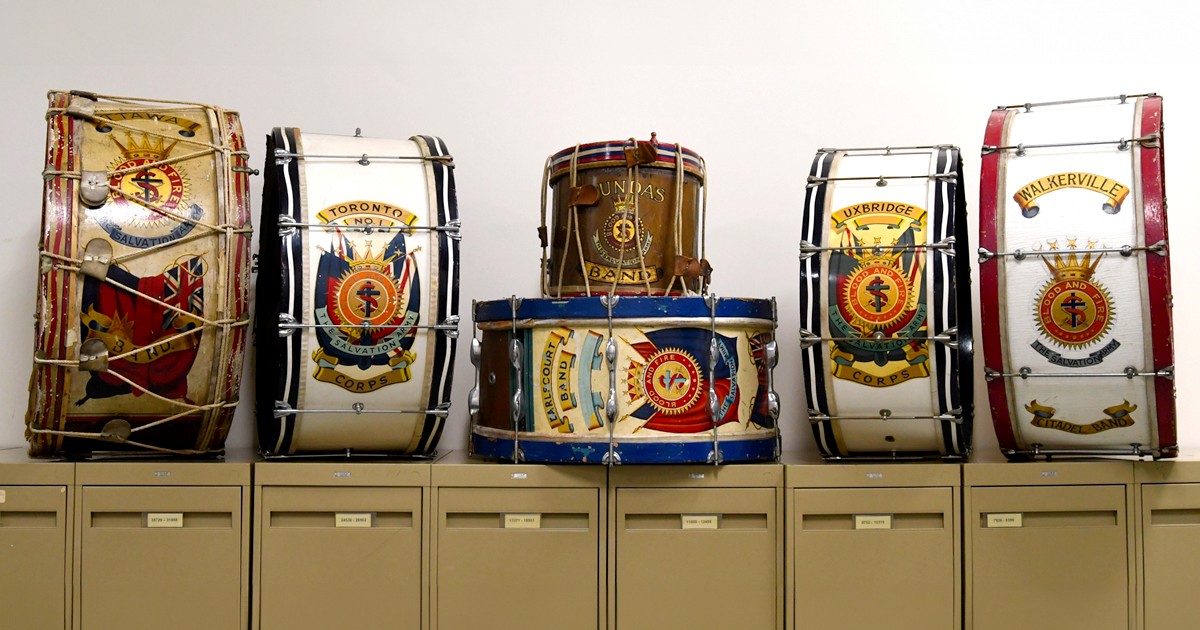If you are like me, you are watching the reports of the world's worst refugee crisis with a mixture of emotions—mostly fear and guilt. The displacement of more than four million people is mind blowing, to say the least.
I'm afraid of what it all means. What will it mean for this generation? What will it mean for Europe? What will it mean for the future of the world? I'm afraid of the uncertainty—the power shifts, the religious extremism, the clash of cultures. I'm afraid of what it signals.
I also feel guilty for listening to the reports, but not doing anything. That picture of a small boy washed up on the shore haunts me. I remember people—and governments—saying they would do things differently after the Holocaust. “Never again” is what I heard.
I've heard the stories of boats filled with Jewish refugees being turned away from North America and sent back to Germany. There was “no room” for them when they came seeking asylum. The same thing happened in Rwanda. We watched in horror as the people who had asked for help were slaughtered.
After each horrific event, we try to wash the blood off our hands. Yet here we are again—the greatest refugee crisis of our time. What can we do? What will we do?
When we feel paralyzed by fear and guilt and don't know how to respond, it is a call to rise up. We can fight against apathy and indifference. Let's get mobilized. Instead of focusing on the many things we can't do, let's start with what we can do:
Pray. Here is a prayer guide to help you find words to offer for this time and this place. Don't ever forget that God hears the cries of the oppressed.
Get informed. Don't let ignorance be an excuse. These fact guides can launch you into a deeper understanding about this crisis:
Give. This link will connect you to the work being done on the front lines: Refugees in Europe. You can donate here.
Sponsor. The Salvation Army in the Canada and Bermuda Territory can facilitate refugee sponsorship in several ways:
Pray. Get informed. And give out of your blessings—you may find that you are the answer to your own prayers. May God help you to live out what you believe.
Major Danielle Strickland is the territorial social justice secretary in the U.S.A. Western Territory.
I'm afraid of what it all means. What will it mean for this generation? What will it mean for Europe? What will it mean for the future of the world? I'm afraid of the uncertainty—the power shifts, the religious extremism, the clash of cultures. I'm afraid of what it signals.
I also feel guilty for listening to the reports, but not doing anything. That picture of a small boy washed up on the shore haunts me. I remember people—and governments—saying they would do things differently after the Holocaust. “Never again” is what I heard.
I've heard the stories of boats filled with Jewish refugees being turned away from North America and sent back to Germany. There was “no room” for them when they came seeking asylum. The same thing happened in Rwanda. We watched in horror as the people who had asked for help were slaughtered.
After each horrific event, we try to wash the blood off our hands. Yet here we are again—the greatest refugee crisis of our time. What can we do? What will we do?
When we feel paralyzed by fear and guilt and don't know how to respond, it is a call to rise up. We can fight against apathy and indifference. Let's get mobilized. Instead of focusing on the many things we can't do, let's start with what we can do:
Pray. Here is a prayer guide to help you find words to offer for this time and this place. Don't ever forget that God hears the cries of the oppressed.
Get informed. Don't let ignorance be an excuse. These fact guides can launch you into a deeper understanding about this crisis:
Give. This link will connect you to the work being done on the front lines: Refugees in Europe. You can donate here.
Sponsor. The Salvation Army in the Canada and Bermuda Territory can facilitate refugee sponsorship in several ways:
- Private Sponsorship of Refugees Program (PSRP)
This program depends on an existing relationship to refugees overseas and usually comes from a family member in Canada who would like to sponsor relatives that do not fit under the regular “Family Class” immigration stream. The constituent group/co-sponsor (family members in Canada or a corps) take on the full financial responsibility for the first year. - Blended Visa-Office Referred Program (BVOR) or Joint-Assisted Sponsorship Program (JAS)
These programs match pre-approved refugees overseas with sponsor groups in Canada. The federal government provides income support for these two programs (equivalent to social assistance levels) as well as the full interim federal health coverage. The JAS program is for refugees who have higher settlement needs, such as medical conditions or trauma that will require extra care. The income support is for the full term of the sponsorship. The BVOR program is for refugees who would benefit from having a sponsor group more for emotional support than medical needs. The income support is for six months. In both cases, sponsor groups are responsible for any additional costs (in the case of BVOR, the start-up costs and another six months of the sponsorship period), the practical settlement assistance of finding housing, furniture, setting up bank accounts, etc., plus emotional and social support. - For more information about refugee sponsorship, contact Paula Marshall, immigrant and refugee services liaison at territorial headquarters, at paula_marshall@can.salvationarmy.org.
Pray. Get informed. And give out of your blessings—you may find that you are the answer to your own prayers. May God help you to live out what you believe.
Major Danielle Strickland is the territorial social justice secretary in the U.S.A. Western Territory.










Leave a Comment